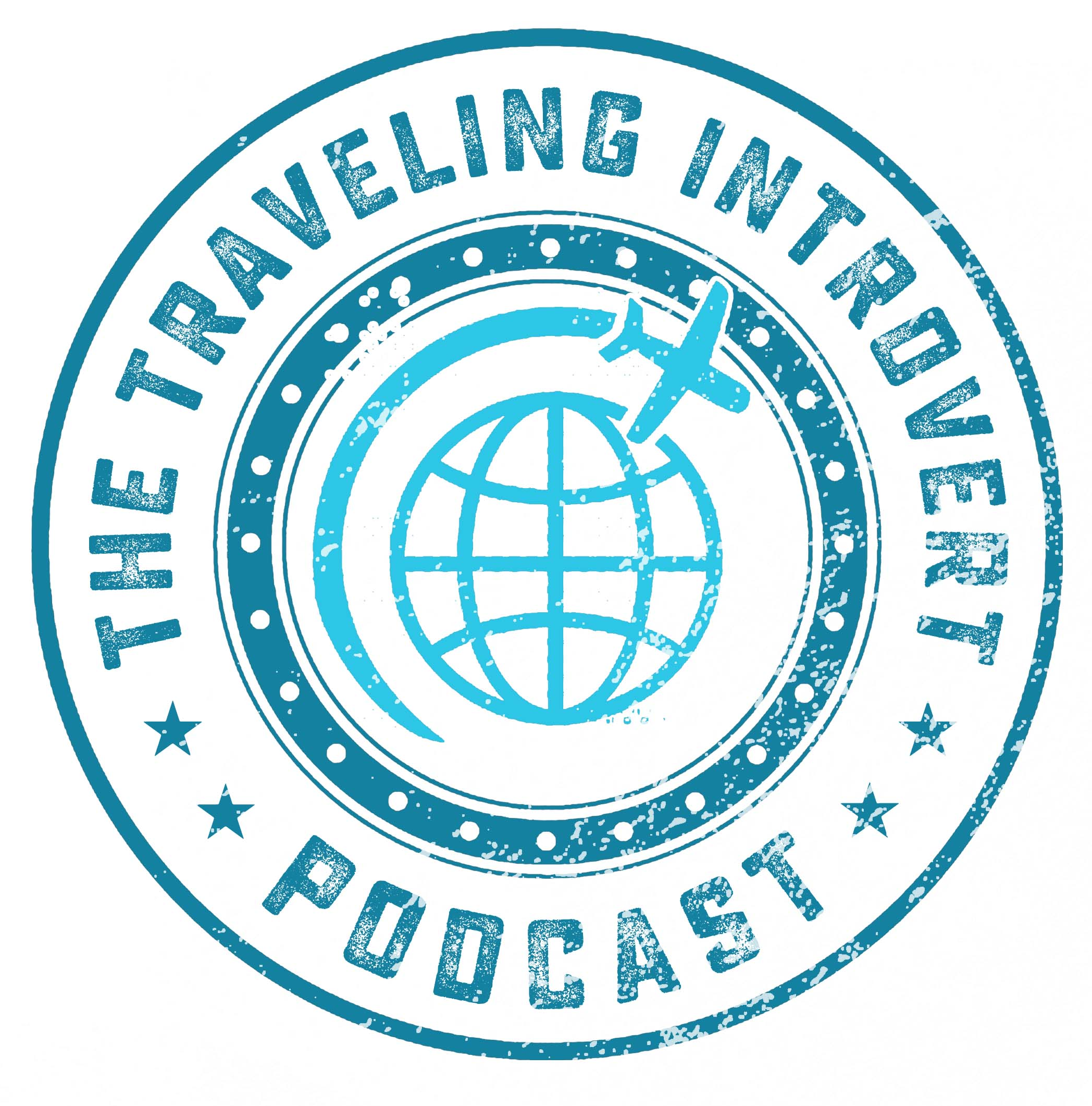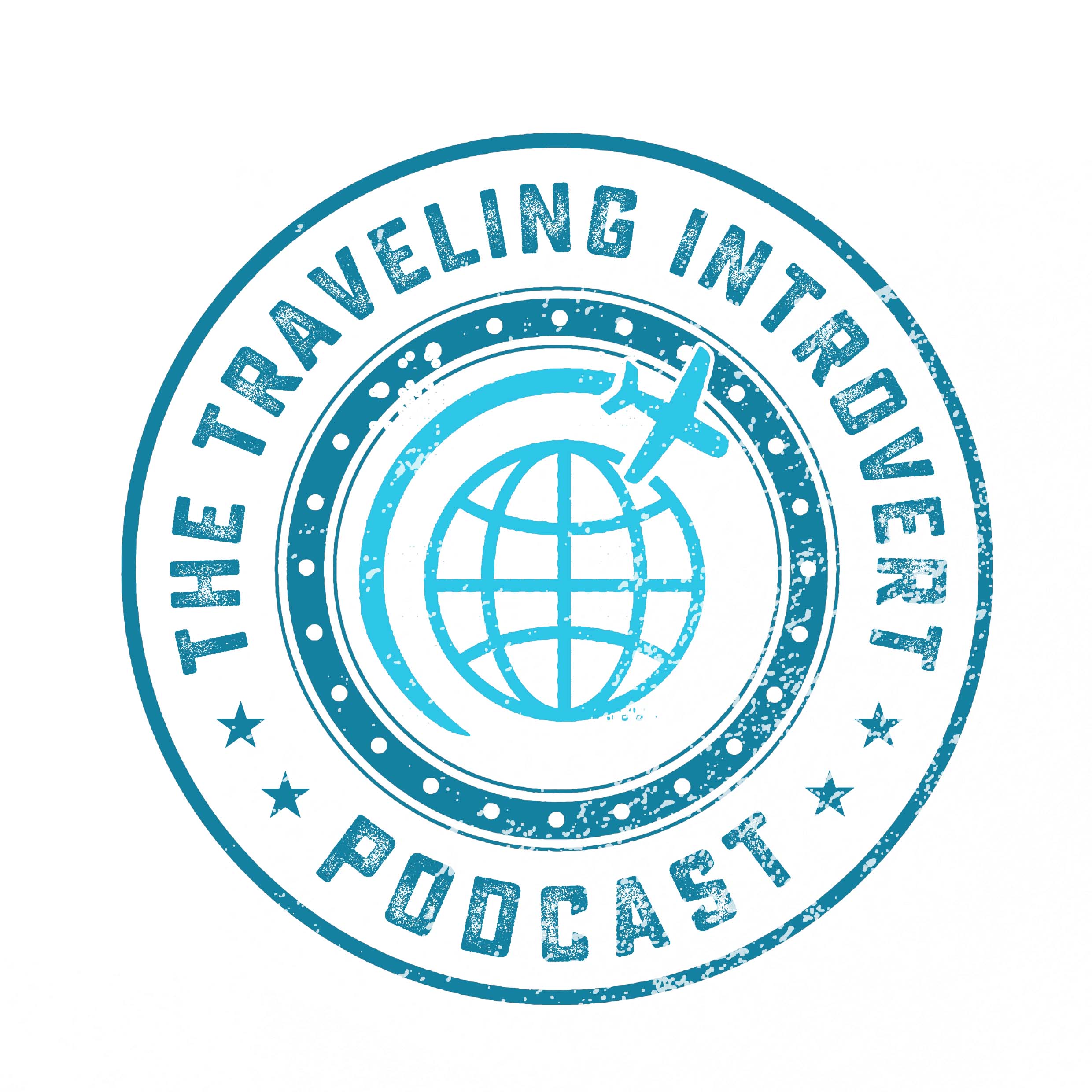Episode 411
Leveraging Introversion in Decision Making
The episode focuses on decision making for introverts, highlighting both challenges and strategies. Introverts may overanalyze options and prefer internal reflection over external discussions, which can lead to decision fatigue or pressure in group settings. To aid decision making, introverts can schedule alone time for reflection, use writing such as decision journals to analyze choices, and set deadlines to avoid analysis paralysis. Additionally, leveraging strengths like observation skills, pattern recognition, and deep focusing abilities can help break down complex decisions. The episode also emphasizes the importance of having 1 to 2 trusted advisers for external input while setting boundaries to maintain personal decision-making power. In group scenarios, requesting materials in advance and communicating the need for processing time are recommended. By practicing these approaches, introverts can enhance decision-making effectiveness and utilize their introversion as a strength.
Transcript
Hello, and welcome to the traveling introvert. Today, I want to talk about decision making as an introvert and strategies that you could use. So sometimes decision making can be challenging in general for everyone, but, specifically, I wanna talk about introverts and how it might sort of influence your decision making process. So, for example, we have a natural inclination to really thoroughly and maybe sometimes overanalyze options, and we have a definite preference for internal refraction over external discussion. And so because of this, some of the challenges we might face are decision fatigue from just overthinking things. Or maybe if we're in a group setting, we find pressure to make decisions quickly, which can also be a bad thing for us. We might also find it difficulty expressing thoughts before fully processing them because we tend to process internally. So I wanna talk about one sort of reflection framework that you could use.
Janice Chaka [:A couple of things that you could do is create structured alone time for decision making. Schedule this dedicated decision blocks in your calendar, and it could be for many things or it could be for one thing. But having that dedicated time sort of laid out for you is really key as well as maybe finding your optimal reflection environment. It might be outside while taking a walk. It might be while in the shower. It might be when you have a certain candle lit. Figuring out what works for you and when you reflect is really, really helpful. Another thing you can do is use writing as a decision making tool.
Janice Chaka [:Decision journal journals and their benefits sort of have a template for analyzing choices through writing that could be good and bad. It could be short term, long term, midterm, anything that you think is useful for you when you make decisions and you begin to see patterns of what that looks like, writing them down and making lists could also be super, super helpful. And so you can analyze your choices through writing. Another thing you can do that might be helpful is to set deadlines to prevent that analysis paralysis. You have to make a decision by x date or x time or x event so that you don't keep quibbling and wobbling over what you do. Another strategy, of course, is using your strengths, using your observation skills, gathering information through watching and listening. Pattern recognition in past experiences will help you make the informed decisions moving forward. Thinking about your deep focusing abilities, breaking down really complex decisions into smaller components that you can think through, or maybe visualization techniques for different outcomes.
Janice Chaka [:These are things that you can use both separately or together to help you make really good decisions. And then, of course, there's external input. Now we might not want a lot of that, but it is really, really helpful. So one of the things I highly advise is having 1 to 2 trusted advisers that you can go to to ask questions about certain things. You might have 1 to 2 advisers for financial things, 1 to 2 advisers about marketing, whatever it might be, but get and start to build your community of trusted advisors for these times when you have analysis paralysis or you're overthinking something. Also, set boundaries on external opinions. Of course, you welcome them, but that doesn't mean that you're gonna do exactly what they tell you to. Right? You need to be able to make your own decisions and use their advice as a guide or a marker to help you.
Janice Chaka [:Now, for example, if you have a group decision making scenario, which often happens, think about maybe requesting materials in advance, using written communication when possible, and being vocal about the fact that you want time to process before responding. Because people don't know what you need. You do have to stand up for yourself and mention what it is that you need and so that they can give that to you. So if you need 2 minutes, 5 minutes a day, let people know in advance. Hey. I know we have this thing that we're gonna do and x, y, and z. I'm gonna need some time to process before responding. Can you make sure I get the documents, the information, the blah blah blah blah, 24 hours, 38 hours, whatever it is, in advance? So here's the thing.
Janice Chaka [:These are all ways that, you know, introversion can be a decision making strength when properly leveraged. Creating structured reflection time is crucial. Vision analysis tools help enhance your natural processing style, and being selective in your external input helps maintain your energy and your clarity. And the more you practice this and the more regularly you do it, you will find ways that work for you. And maybe not every time or all the time, but at least some of the time so you have a tool in your toolbox to go to when you're feeling overwhelmed and stressed about making an effective decision. Thank you for listening. This is Janice at The Career Introvert , helping you build your brand and get hired. Have a great rest of your week.



